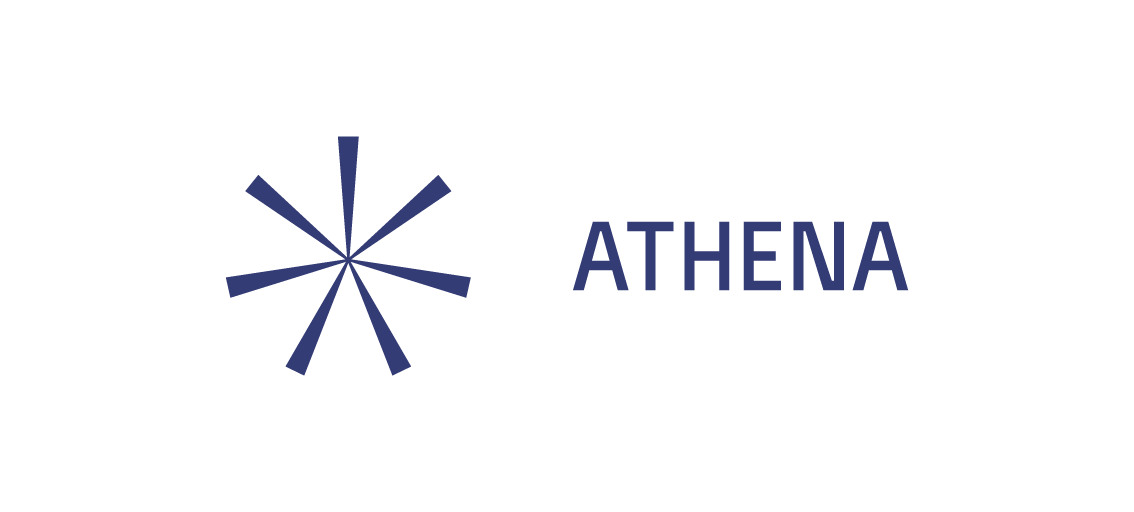Operating Systems

About this course
The aim of this subject is that the student was able to learn the foundations of operating systems and to highlight their importance inside the architecture of a computer.
Expected learning outcomes
Knowledge of basic subjects and technologies that enables the student to learn new methods and technologies, as well as to give him great versatility to confront and adapt to new situations.
Ability to solve problems with initiative, to make creative decisions and to communicate and transmit knowledge and skills, understanding the ethical and professional responsibility of the Technical Telecommunication Engineer activity.
Ability to work in multidisciplinary groups in a Multilanguage environment and to communicate, in writing and orally, knowledge, procedures, results and ideas related with Telecommunications and Electronics.
Ability to program network and distributed applications and services.
Understanding Engineering within a framework of sustainable development.
Awareness of the need for long-life training and continuous quality improvement, showing a flexible, open and ethical attitude toward different opinions and situations, particularly on non-discrimination based on sex, race or religion, as well as respect for fundamental rights, accessibility, etc.
Encourage cooperative work, and skills like communication, organization, planning and acceptance of responsibility in a multilingual and multidisciplinary work environment, which promotes education for equality, peace and respect for fundamental rights.
Indicative Syllabus
Introduction and general perspective of the Operating systems
– Concept of operating system.
– Structure of an operating system.
– Types of operating systems.
– Emulation and virtualization.
Processor management.
– Concept of process and thread.
– Strategies of allocation of capacity of computation.
Memory management.
– Strategies of contiguous allocation.
– Concepts of fragmentation, protection, compactation, relocation and sharing of memory.
– Strategies of non-conriguous allocation: paging, segmentation and hybrid methods.
– Virtual memory.
Permanent storage of the information.
– Functions of a file system. Concepts of file and directory.
– Interface with the file system.
– File sharing.
– File Protection.
– File system implementation.
– Free space management.
– Methods for allocation of space to files.
Input/Output (I/O) management.
– I/O Controllers.
– I/O Interfaces.
– Secondary and tertiary storage.
– Disk scheduling.
– Management of disk.
– Replication and consistency of the information. RAID and RAIN technologies.
Teaching / Learning Methodology
20hrs of lecturing + 13hrs of practices through ICT + 5hrs in workshops + 2hrs of problem solving + 2hrs presentation + 108hrs of student autonomous work
Recommended Reading
TBA
Start date
11/09/2023
End date
26/01/2024
Apply between
08/09/2023
Details
Local course code
TBA
Cycle
TBA
Year of study
TBA
Language
English
Study load
20hrs of lecturing + 13hrs of practices through ICT + 5hrs in workshops + 2hrs of problem solving + 2hrs presentation + 108hrs of student autonomous work 6 ECTS
Mode of delivery
Frequent Testing
Instructors
Mónica Fernández Barciela
Course coordinator
Martín López Nores
mlnores@det.uvigo.es
